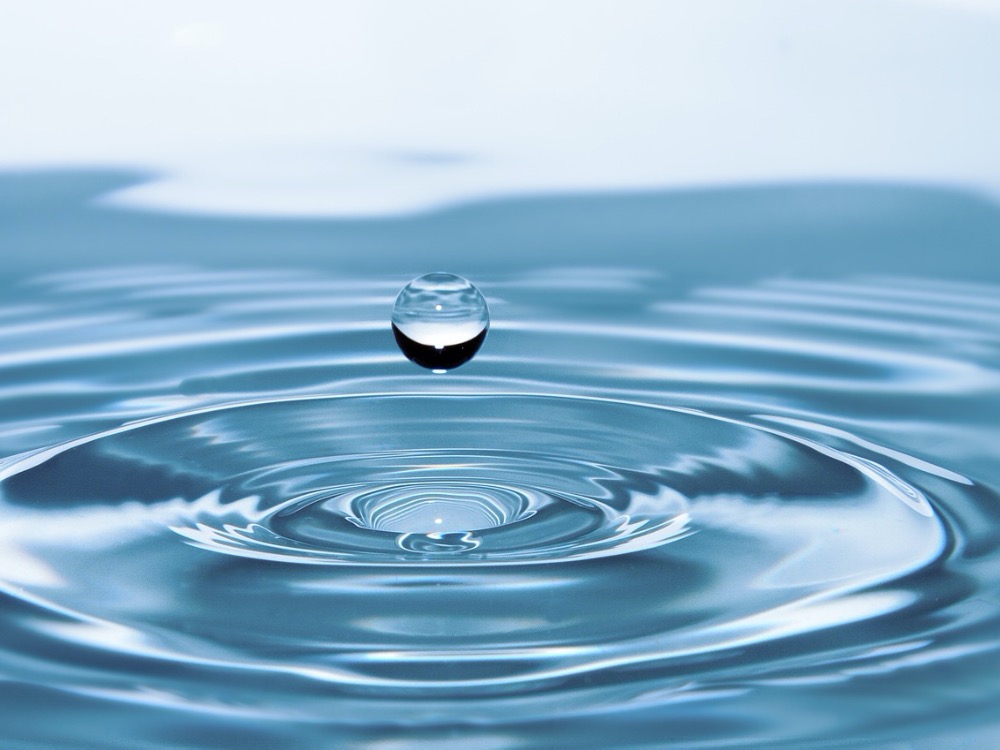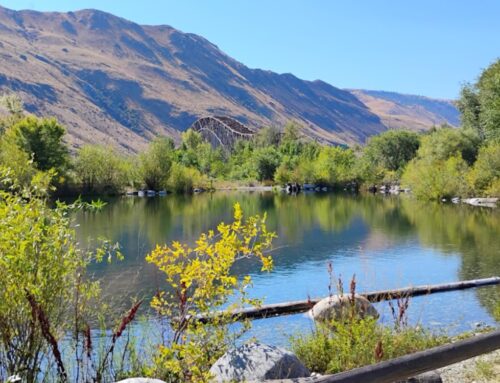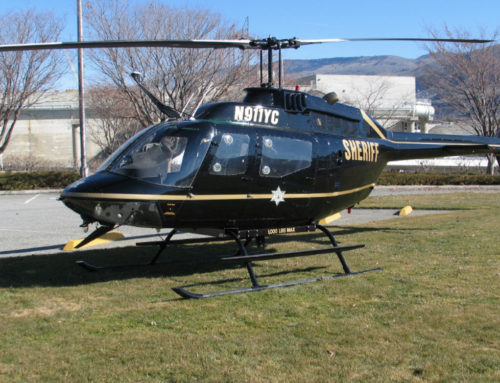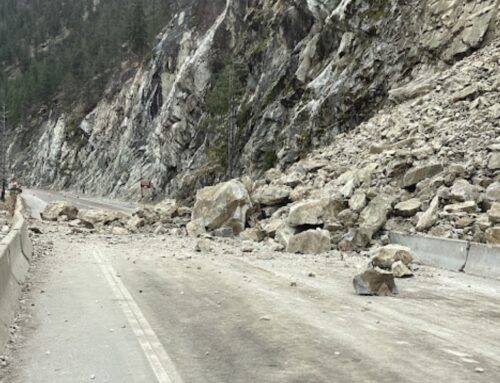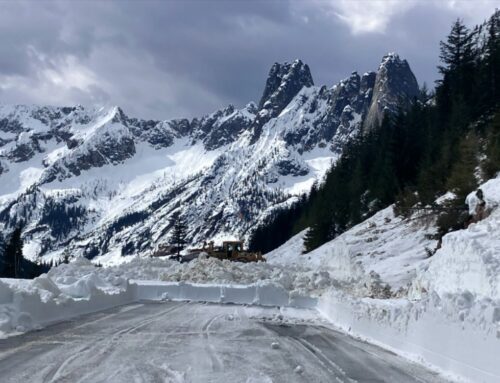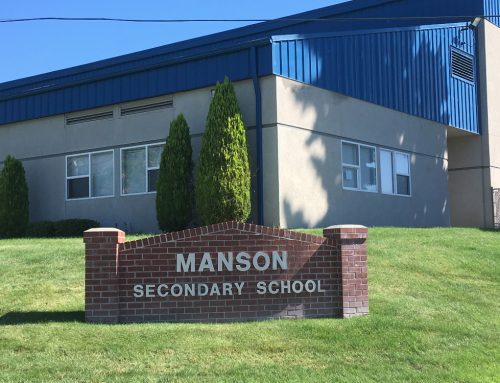Colville Tribes receive $111,000 for water infrastructure projects
information released, Rony Michaud photo
Recently, U.S. Senator Maria Cantwell (D-WA), a senior member of the Senate Committee on Indian Affairs and Senate Committee on Energy and Natural Resources, announced that five tribes in Washington state will receive grants totaling $7,768,391 for projects to address inadequate water infrastructure and improve the safety and supply of drinking water for their members.
The money comes from the Bureau of Reclamation’s Tribal Domestic Water Program, one of many important investments championed by Sen. Cantwell in the Inflation Reduction Act (IRA).
The Lummi Tribe received $3,410,000 for a project to increase water supply, upgrade arsenic treatment, and manage saltwater intrusion risk.
“This money will fund important planning projects for water treatment, alternative water sources, and assessing saltwater intrusion risk,” said Sen. Cantwell. “The projects will help secure supplies of safe, available drinking water for members of the Lummi Tribe.”
The Tribe will complete a study for an alternative water source, prepare plans and designs for a water treatment plant, and complete necessary environmental compliance and permitting. The Tribe will also complete a Saltwater Intrusion Risk Study and Saltwater Intrusion Risk Management Plan, which aim to mitigate the contamination of freshwater aquifers by the ocean.
The Kalispel Tribe of Indians received $2,357,536 for water infrastructure planning and design.
“This funding will jumpstart a Kalispel Tribe project to develop new water sources that the Tribe will own and operate, ensuring reliable access to safe drinking water,” said Sen. Cantwell.
The Tribe will plan, design, and acquire permits for a domestic drinking water project on the Kalispel Reservation. The project will provide planning and design to develop new water sources owned and operated by the Tribe, and to integrate the new sources with the existing system, providing access to safe, regulated, and clean drinking water to underserved homes and public facilities.
The Makah Tribe received $1,813,991 for their Community Water System Critical Infrastructure, Community Health & Safety project.
“The Makah Tribe will use these funds to address water quality and availability issues by finding and developing new sources of water,” said Sen. Cantwell.
The Tribe will evaluate and identify alternative water supply sources to address water quantity and quality issues impacting water availability for the Makah Community Water System and the health of the community.
The Confederated Tribes of the Colville received $111,995 for their Keller Water System Main Loop Replacement Design project.
“The Colville Tribe will use this funding to replace water infrastructure that was destroyed in a flood, reestablishing a second supply of water for residents of the rural town of Keller,” said Sen. Cantwell.
The Tribe will replace a crucial component of the water system for the isolated Tribal town of Keller, WA. Recent severe floods broke a looping line for the town’s water system. Now the town is reliant on a single water supply line, at risk of interruptions to its water supply from impacts to the main trunk line and water quality degradation from line dead ends. This project proposes to design a replacement looping line suspended from the Silver Creek Road bridge, which will be more resilient in the face of future flood events.
The Hoh Indian Tribe received $74,869 for their Hoh Tribe Highlands Water System Expansion Plan Development project.
“This funding will help the Hoh Tribe build infrastructure to ensure that they can provide enough safe drinking water to meet current and future needs,” said Sen. Cantwell.
The Tribe will develop a Water System Plan to guide the development of an expanded water delivery system and long-term system management in the Highland area. The plan will confirm current water use amounts, estimate future water demand, develop a water system piping network, water quality monitoring and reporting protocols and procedures, and formulate a long-term operations and financial plan.
Tribal Domestic Water Program funding is available to communities in the 17 western U.S. states served by the Bureau of Reclamation, which will implement the program in two phases. The phase one funding is for planning, design, or construction in fiscal year 2024; and phase two funding will be for construction in fiscal years 2027 and 2028.
The IRA invests an overall $550 million to ensure communities or households have reliable access to clean domestic water supplies in historically disadvantaged communities.


